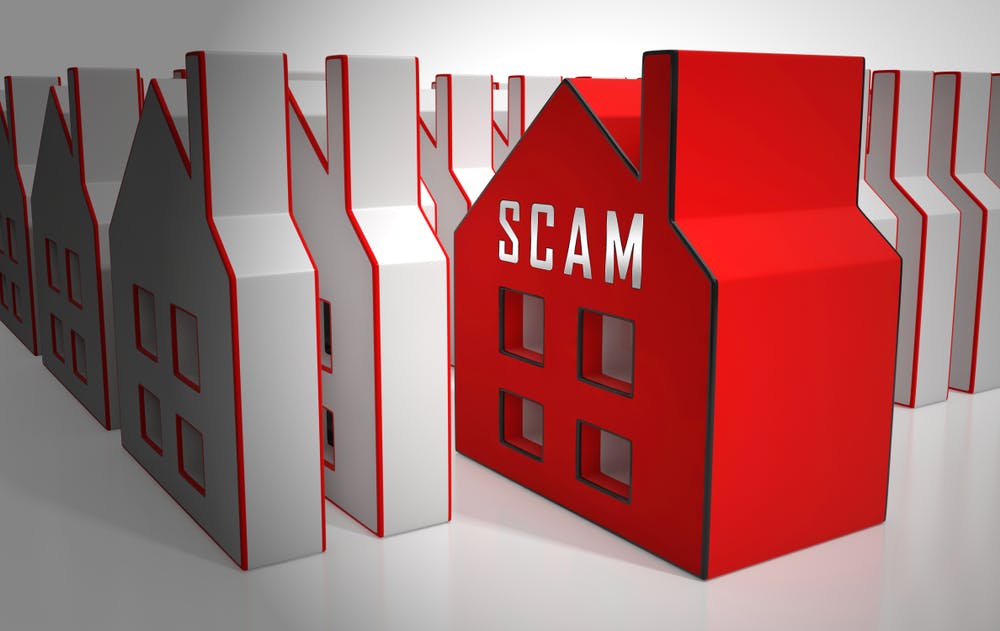Hacking. Phishing. Wire fraud. These are all ways people attempt to undermine real estate deals as consumers move more and more online to complete transactions – and the chances of being entangled in a cyber scam have increased along the way.
In its latest report covering 2020, the FBI claims there were $213M in losses from real estate-related cyber fraud, directly affecting more than 13,600 people. In 2018, Washington state had nearly 11,000 individual cybercrime victims with losses totaling more than $60B, including crimes involving real estate transactions.
Sadly, we have covered this topic again and again and again.
How do buyers get caught up in the web of a cybercriminal?
One of the most common scenarios involves scammers hacking into the email accounts of buyers and various professionals working on the closing of a home sale. That, in turn, exposes sensitive information used by the hackers to mislead the buyer into believing the terms of the transaction have changed.
Knowing the buyer is eager to purchase the home, fraudsters – posing as trusted sources – typically issue a false sense of urgency and a fear of losing the home to convince the buyer that the down payment must be paid to a new recipient account and sometimes by a different method and sooner than previously informed.
This is yet another “buyer beware” alert during the home-purchase process.
Here are tips I have shared with buyer/clients to help avoid the potential financial loss from fraud:
Do not send sensitive information via email. Never share banking details, social security numbers or anything else that could be used to compromise a person’s identity over email. Use the escrow or bank’s encrypted email system, visit in person or contact them on the phone with the number provided by your trusted representatives.
Do not click on an unverified email. Be wary of emails from unfamiliar names and/or businesses. Mouse over links to scrutinize the URL before clicking and look for misspellings. Avoid taking the bait by downloading files. Attachments can contain viruses or provide a way for a hacker to access your computer.
Do not use unsecured Wi-Fi. It may seem harmless to check banking information using the free Wi-Fi at your local coffee shop or in an airport waiting area but using an open connection can leave you vulnerable to hackers and scammers. Only access sensitive information on your home computer or a secured network.
If you suspect fraud, notify real estate partners. If you believe fraud has occurred – or is in the process of occurring – immediately contact all real estate-related parties linked to your transaction. Report incidents to the FBI’s Internet Crime Complaint Center or the Federal Trade Commission if you have lost money in a scam.
Buyers are not the only targets in society today. Real estate-related scams are on the rise against homeowners too.
Seniors are a particular target. This homeowner group is on the receiving end of high-pressure calls from people claiming to be interested in a rush-purchase of their property for cash – but at a fraction of the value.
King County Assessor John Wilson urges any owner curious about the value of his/her home to check the county’s website for an assessed value. The assessment is typically lower than the market value, which can be derived from home valuation sites. A real estate pro can also provide a more accurate valuation once visiting the property.
Another scam is property-lien fraud. The scam threatens an IRS lien on a property and demands immediate payment – typically thousands of dollars – to an official-sounding faceless agency such as the “Bureau of Tax Enforcement.” The IRS offers tips to avoid these scammers.
Also, federal law enforcement reports title theft is one of the fastest-growing cybercrimes today. Homeowners can protect themselves by monitoring their credit report and periodically checking King County title records.
Buyers and homeowners alike need to be on guard – today and every day.




